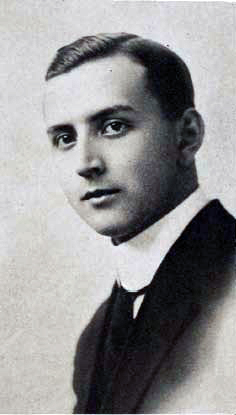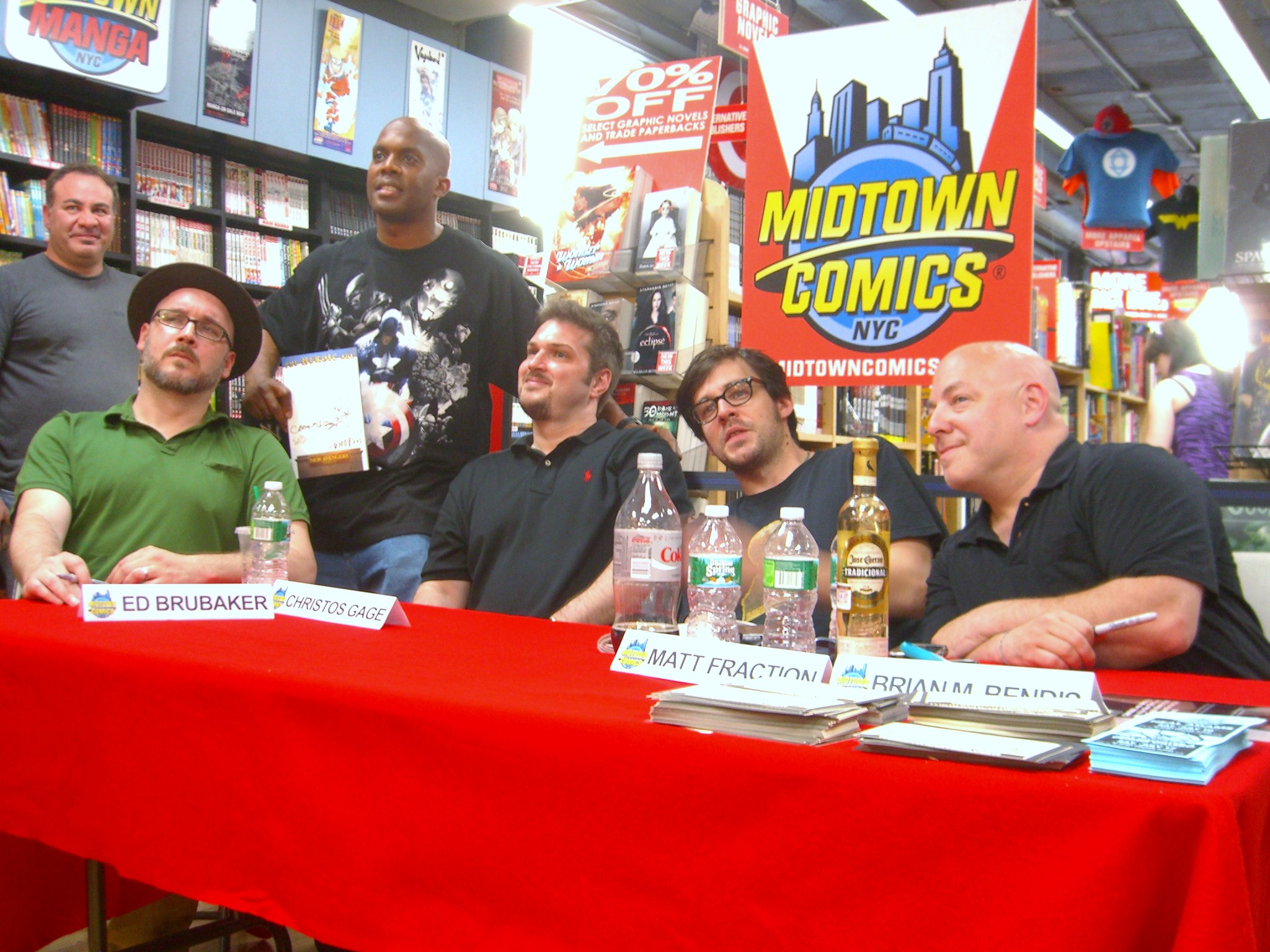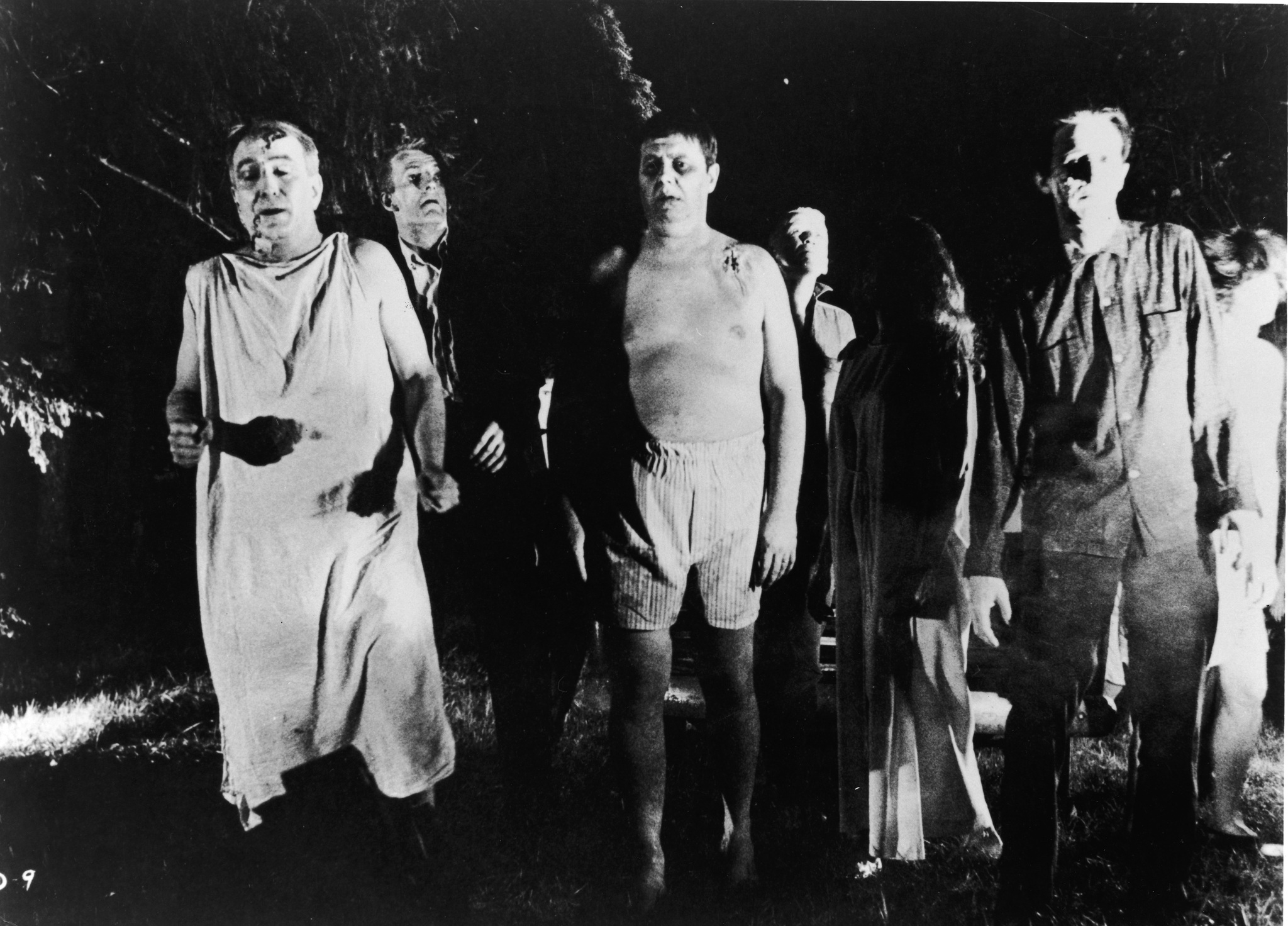|
Zuvembie
A zuvembie is a creature used by Robert E. Howard in his short story "Pigeons from Hell," published in ''Weird Tales'' in 1938. In the 1970s Marvel Comics used the term in place of "zombie", which had been banned by the Comics Code Authority. Pulp magazines Robert E. Howard used the "zuvembie" in his short story "Pigeons from Hell", published in ''Weird Tales'' in 1938. In the story, a woman can become a zuvembie by drinking the Black Brew. The resulting creature is no longer human, knowing no friend or relative. It cannot talk, or think like a human. It doesn't need to eat and will live forever, staying in a cave or an old house. It has certain powers—it can command owls, bats, snakes, pigeons and werewolves. It can hypnotise the living with its voice, and command the body of someone it has killed until the body is cold. It can only be killed by lead or iron. Television When "Pigeons from Hell" was adapted into an episode of the television anthology series '' Thriller'', the ... [...More Info...] [...Related Items...] OR: [Wikipedia] [Google] [Baidu] |
Pigeons From Hell
"Pigeons from Hell" is a horror short story by American writer Robert E. Howard, written in late 1934 and published posthumously by ''Weird Tales'' in 1938. The title comes from an image in Howard's grandmother's ghost stories, that of a deserted plantation mansion haunted by pigeons. It was re-written and adapted by Joe R. Lansdale with art by Nathan Fox and published in four issues by Dark Horse Comics, starting in April 2008. Plot summary Two New Englanders, John Branner and his friend Griswell, travel in the South and spend the night in a deserted plantation manor. Griswell awakens from a dream of a yellow-faced creature looking at him. He sees Branner walk up the stairs in a trance. He is horrified when Branner returns as an animated corpse gripping the bloody axe that had split his skull. Griswell flees into the woods. In his flight, he meets the county's sheriff, Buckner, who investigates the house and finds Branner motionless on the floor. Griswell is implicated in hi ... [...More Info...] [...Related Items...] OR: [Wikipedia] [Google] [Baidu] |
Comics Code Authority
The Comics Code Authority (CCA) was formed in 1954 by the Comics Magazine Association of America as an alternative to government regulation. The CCA allowed the comic publishers to self-regulate the content of comic books in the United States. The code was voluntary; there was no law requiring its use, although some advertisers and retailers looked to it for reassurance. Some publishers including Dell, Western, and Classics Illustrated never used it. Its code, commonly called "the Comics Code", lasted until the early 21st century. The CC formation followed a moral panic centered around a series of Senate hearings and the publication of psychiatrist Fredric Wertham's book ''Seduction of the Innocent''. Members submitted comics to the CCA, which screened them for adherence to its code, then authorized the use of their seal on the cover if the book was found to be in compliance. At the height of its influence, it was a ''de facto'' censor for the entire U.S. comic book industry. ... [...More Info...] [...Related Items...] OR: [Wikipedia] [Google] [Baidu] |
Robert E
The name Robert is an ancient Germanic given name, from Proto-Germanic "fame" and "bright" (''Hrōþiberhtaz''). Compare Old Dutch ''Robrecht'' and Old High German ''Hrodebert'' (a compound of '' Hruod'' ( non, Hróðr) "fame, glory, honour, praise, renown" and ''berht'' "bright, light, shining"). It is the second most frequently used given name of ancient Germanic origin. It is also in use as a surname. Another commonly used form of the name is Rupert. After becoming widely used in Continental Europe it entered England in its Old French form ''Robert'', where an Old English cognate form (''Hrēodbēorht'', ''Hrodberht'', ''Hrēodbēorð'', ''Hrœdbœrð'', ''Hrœdberð'', ''Hrōðberχtŕ'') had existed before the Norman Conquest. The feminine version is Roberta. The Italian, Portuguese, and Spanish form is Roberto. Robert is also a common name in many Germanic languages, including English, German, Dutch, Norwegian, Swedish, Scots, Danish, and Icelandic. It can be use ... [...More Info...] [...Related Items...] OR: [Wikipedia] [Google] [Baidu] |
Weird Tales
''Weird Tales'' is an American fantasy and horror fiction pulp magazine founded by J. C. Henneberger and J. M. Lansinger in late 1922. The first issue, dated March 1923, appeared on newsstands February 18. The first editor, Edwin Baird, printed early work by H. P. Lovecraft, Seabury Quinn, and Clark Ashton Smith, all of whom went on to be popular writers, but within a year, the magazine was in financial trouble. Henneberger sold his interest in the publisher, Rural Publishing Corporation, to Lansinger, and refinanced ''Weird Tales'', with Farnsworth Wright as the new editor. The first issue under Wright's control was dated November 1924. The magazine was more successful under Wright, and despite occasional financial setbacks, it prospered over the next 15 years. Under Wright's control, the magazine lived up to its subtitle, "The Unique Magazine", and published a wide range of unusual fiction. Lovecraft's Cthulhu mythos stories first appeared in ''Weird Tales'', starti ... [...More Info...] [...Related Items...] OR: [Wikipedia] [Google] [Baidu] |
Marvel Comics
Marvel Comics is an American comic book publishing, publisher and the flagship property of Marvel Entertainment, a divsion of The Walt Disney Company since September 1, 2009. Evolving from Timely Comics in 1939, ''Magazine Management/Atlas Comics'' in 1951 and its predecessor, ''Marvel Mystery Comics'', the ''Marvel Comics'' title/name/brand was first used in June 1961. Marvel was started in 1939 by Martin Goodman (publisher), Martin Goodman as Timely Comics, and by 1951 had generally become known as Atlas Comics (1950s), Atlas Comics. The Marvel era began in June 1961 with the launch of ''The Fantastic Four'' and other superhero titles created by Stan Lee, Jack Kirby, Steve Ditko and many others. The Marvel brand, which had been used over the years and decades, was solidified as the company's primary brand. Marvel counts among List of Marvel Comics characters, its characters such well-known superheroes as Spider-Man, Iron Man, Captain America, Thor (Marvel Comics), Thor, Doc ... [...More Info...] [...Related Items...] OR: [Wikipedia] [Google] [Baidu] |
Thriller (U
Thriller may refer to: * Thriller (genre), a broad genre of literature, film and television ** Thriller film, a film genre under the general thriller genre Comics * ''Thriller'' (DC Comics), a comic book series published 1983–84 by DC Comics in the US * ''Thriller Comics'', later known as ''Thriller Comics Library'' and ''Thriller Picture Library'', a series of comics published by Amalgamated Press/Fleetway in the UK from 1951 to 1963 * ''Boris Karloff Thriller'', a comic published by Gold Key Comics in 1962 Films * '' Thriller – A Cruel Picture'', a 1973 film by Bo Arne Vibenius * ''The Thriller'', a 2010 Indian film * ''Thriller'' (2018 film), a slasher horror film starring Mykelti Williamson and RZA * ''Thriller'', a 1979 film by Sally Potter Music * ''Thriller'' (album), a 1982 album by Michael Jackson ** "Thriller" (song), a song by Michael Jackson ** ''Thriller 25'', a 2008 special 25th anniversary edition of the Jackson album ** ''Michael Jackson's Thriller'' (mu ... [...More Info...] [...Related Items...] OR: [Wikipedia] [Google] [Baidu] |
Ottola Nesmith
Ottola Nesmith (December 12, 1889 – February 7, 1972) was an American actress who appeared in more than 100 films and television shows. Selected filmography * '' Still Waters'' (1915) - Drasa La Rue * '' Rich Man, Poor Man'' (1918) - Mrs. Wynne * ''Beyond Price'' (1921) - Mrs. Temple * ''Wife Against Wife'' (1921) - Florence Bromley * ''The Girl-Shy Cowboy'' (1928) - Girls' College Teacher * ''Back Page'' (1934) - Gertrude Mellon * ''Wings in the Dark'' (1935) - Housekeeper (uncredited) * ''Becky Sharp'' (1935) - Lady Jane Crawley * ''She Gets Her Man'' (1935) - Club Woman (uncredited) * ''A Feather in Her Hat'' (1935) - Susan (uncredited) * ''Ship Cafe'' (1935) - Lady Todhunter (uncredited) * ''The Unguarded Hour'' (1936) - Mrs. Samuel Metford (uncredited) * ''Anthony Adverse'' (1936) - Sister Ursula (uncredited) * ''Three Men on a Horse'' (1936) - Head Nurse * ''Flying Hostess'' (1936) - Passenger (uncredited) * ''A Doctor's Diary'' (1937) - Maternity Ward Nurse (uncred ... [...More Info...] [...Related Items...] OR: [Wikipedia] [Google] [Baidu] |
Zombie
A zombie (Haitian French: , ht, zonbi) is a mythological undead corporeal revenant created through the reanimation of a corpse. Zombies are most commonly found in horror and fantasy genre works. The term comes from Haitian folklore, in which a ''zombie'' is a dead body reanimated through various methods, most commonly magic like voodoo. Modern media depictions of the reanimation of the dead often do not involve magic but rather science fictional methods such as carriers, radiation, mental diseases, vectors, pathogens, parasites, scientific accidents, etc. The English word "zombie" was first recorded in 1819, in a history of Brazil by the poet Robert Southey, in the form of "zombi"."Zombie" in |
John Byrne (comics)
John Lindley Byrne (; born July 6, 1950) is a British-born American writer and artist of superhero comics. Since the mid-1970s, Byrne has worked on many major superheroes; with noted work on Marvel Comics' ''X-Men'', ''She-Hulk'' and ''Fantastic Four''. Byrne also facilitated the 1986 relaunch of DC Comics' ''Superman'' franchise, the first issue of which featured comics' first variant cover. Coming into the comics profession as penciller, inker, letterer and writer on his earliest work, Byrne began co-plotting the ''X-Men'' comics during his tenure on them, and launched his writing career in earnest with ''Fantastic Four'' (where he also served as penciler and inker). During the 1990s he produced a number of creator-owned works, including ''Next Men'' and ''Danger Unlimited''. He scripted the first issues of Mike Mignola's ''Hellboy'' series and produced a number of ''Star Trek comics'' for IDW Publishing. Hailed as one of the most prolific and influential comic book artists ev ... [...More Info...] [...Related Items...] OR: [Wikipedia] [Google] [Baidu] |


